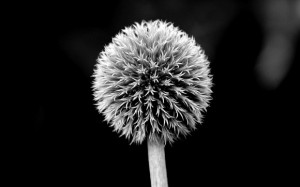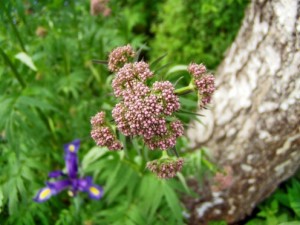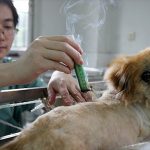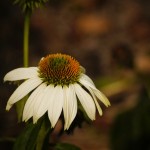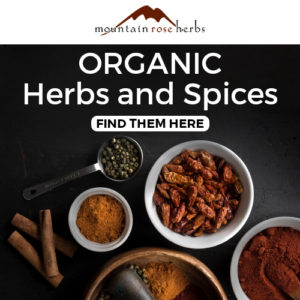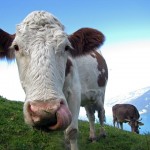Using Herbs Sensibly For Your Pet
Before I knew any better I used to buy my herbs at my local health food store, or supermarket, or at the Farmer’s Market, or even worse, in those little capsules sold at my local pharmacy.
Not a good idea. And, I’ll tell you why.
One time, years ago, I bought four ounces of loose Echinacea Root from my local health food store. When I got home I took a closer look at the herb and something just seemed off. But I still went ahead and made a tincture. The best way to test whether you have made a good batch of Echinacea tincture is to place a drop on the tip of your tongue and see if you get a tingling sensation. If your tongue tingles, then it’s probably OK.
My home-made tincture was as flat as a pancake. So, I threw it out. Looking back, I doubt it was even Echinacea. Who knows what the heck it really was.
Herb Safety
Where you buy your herbs and how they are prepared is very important. Especially, if you intend to use them medicinally. Herbal products are a multi-billion dollar business and about 80% of the world population uses herbs in one way or another. Unfortunately, safety regulations on herbs is sparse. However, in the U.S., inspections have gotten much better.
Earlier this year, inspectors discovered some herbal supplements sold in GNC, Walgreens, Target, and Walmart were all fake. DNA testing of the plants showed “that ingredients on the labels of some [herbal] supplements couldn’t be verified, and that others contained undisclosed ingredients.”
Not knowing what you’re buying can be dangerous. A few years ago, a safe Chinese Herb had been substituted with an unsafe herb which had caused renal failure in those who had consumed it. This is what may happen when herbs are prepared outside of regulatory control (READ).
Look For A Good Source
When it comes to the manufacturing of herbs there are a few things to take into consideration: First, you have the variability of growing and harvesting the plants. The season, the soil, the weather. Then when the herbs are gathered it’s important that other plant species and debris aren’t inadvertently collected along with the specific herb. And, after harvesting, the herbs must be stored properly or else they may undergo deterioration and fungal infestation, and that equals = mycotoxins. You won’t be able to smell it, or see it.
Other things to consider: Is the batch of herbs you are buying contain leaves? Or, roots? Or, the whole plant? This is important because certain parts of the plant have different medicinal effects. There are some manufacturers who will just stuff the whole plant, both leaves and roots, into a bag and this may be something you don’t want or need.
Ask: Are you getting a consistency between batches? As a herbal practitioner I’d want to know that the Milk Thistle I’m using today has the same medicinal value that it had six months ago.
The best herb supplier will follow Good Manufacturing Practice (GMP) guidelines. These guidelines, are: what part of the plant is being used, how much alcohol is added to extract the plant’s constituents. They will use various testing techniques to examine the specifications of herb batches to make sure there is a consistency between batches.
They will also do DNA test to make sure it is the correct species being manufactured. Other tests are conducted for mycotoxins, adulterates, pesticides, and herbicides, before and after making the herbal tinctures. Plus, the FDA will inspect such facilities to make sure GMP guidelines are being followed. And, upon request the manufacturer should be able to provide you with a certificate of the herb’s authenticity.
In Conclusion
Today, I buy all my herbs from a GMP source. I don’t make my own single herb tinctures anymore, I leave that up to the specialists who will test the purity and authenticity of the herb.
Yes, I know, high quality herbs are more expensive. But, when it comes to health, it’s worth it.
Buy herbs at Mountain Rose Herbs
Further reading: GNC, Walmart found by New York to sell fake herbal supplements
